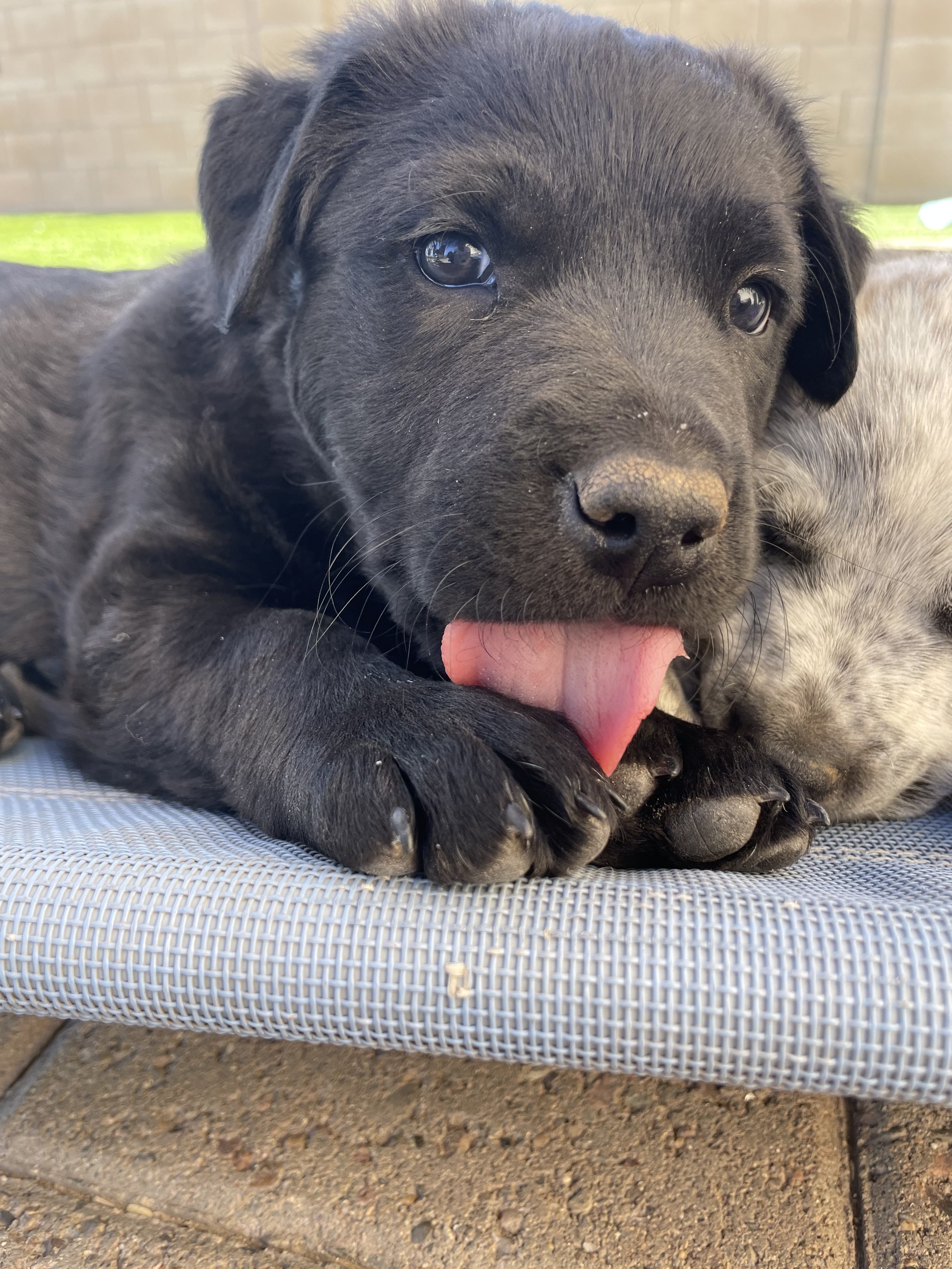Grief and loss in the animal welfare industry
Grief in the animal welfare industry is all too common and often a daily occurrence. We call this large-scale grief. It’s very difficult to handle death and loss on a constant basis, even for mental health professionals. You’re not alone in feeling overwhelmed.
How Can Animal Welfare Workers Set Boundaries?
Often you are asked to go above and beyond in animal welfare. You are asked to take on just one more client, one more project, or one more foster. You are asked to stay late, come in early, and come in on your days off. Or maybe you’re not even being asked, but the need is there and it’s hard to say no. Learning to say no is the key to setting and maintaining boundaries, but it’s so hard! These are some strategies that can make this easier. .
Nurturing the Caregivers: Essential Self-Care Tips for Pet Industry Professionals
Self care is easy to put on a back burner. Those who work or volunteer in the pet industry tend to give a lot of themselves to helping the animals in need. There always seems to be another need. When you’re constantly giving of yourself, your emotions, time, energy and love, it’s important to take time to fill your tanks back up.
What Pet Welfare Workers Should Know About Compassion Fatigue
"Compassion fatigue" is a term used to describe the physical, emotional, and psychological impact of helping others—often through experiences of stress or trauma. For instance, picture yourself reading a story in the news of something awful happening, and imagine the feelings you'd experience of tremendous sadness, disbelief and outrage. Long-term exposure to those feelings can have a considerable effect on one's mental health





